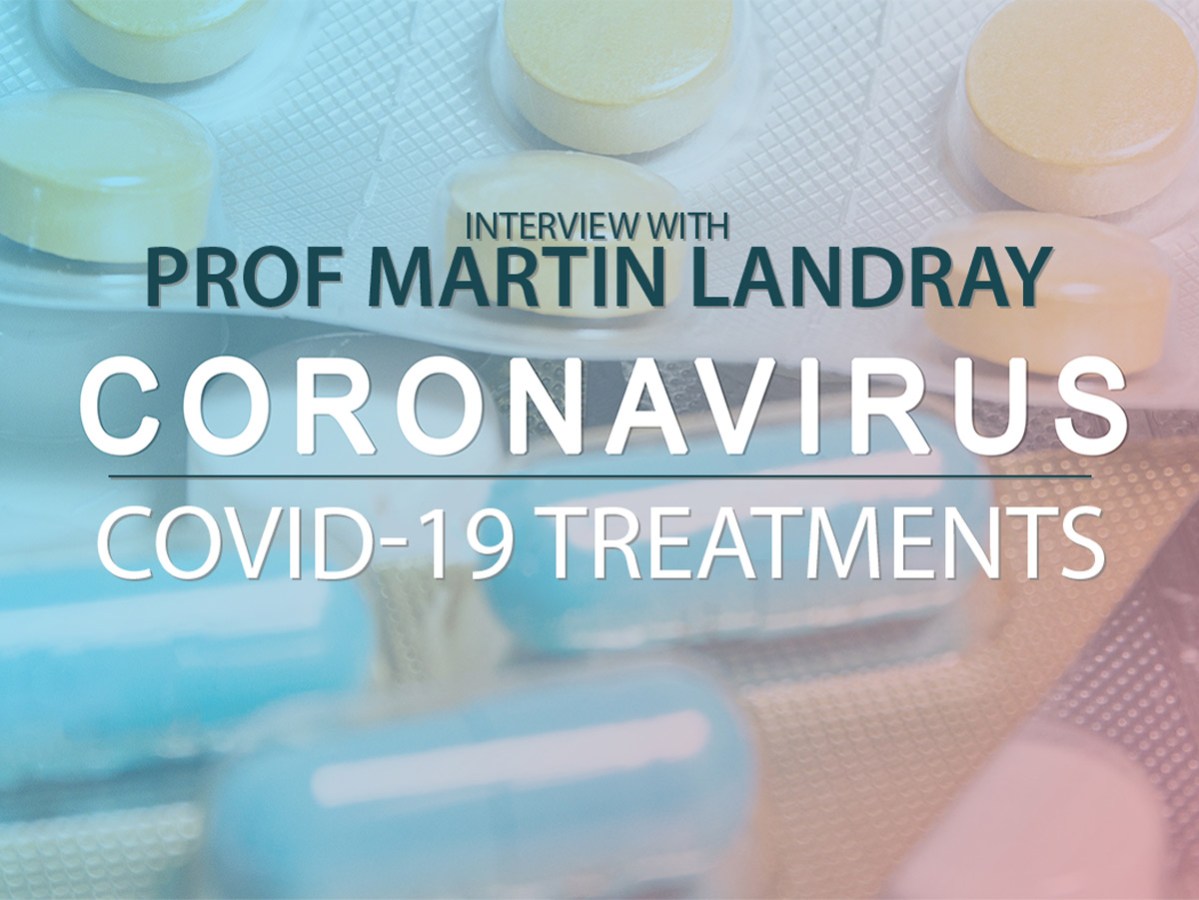interview

A scientist’s opinion : Interview with Nicholas Diakopoulos about AI in journalism
Interview with Nicholas Diakopoulos, associate professor in communication studies and computer science at Northwestern University where he directs the Computational Journalism Lab (CJL). His research focuses on computational journalism, including aspects of automation and algorithms in news production, algorithmic accountability and transparency, and social media in news contexts. One of the conclusions of the 2019 ...

A scientist’s opinion : Interview with Prof Natali Helberger about AI in journalism
Interview with Natali Helberger, distinguished university professor of law and digital technology, with a special focus on AI, and affiliated with the Institute for Information Law (IVIR) of the University of Amsterdam. Her research focus is on how digitization, algorithms and AI are transforming the media and its implications for public values, diversity in the ...

A scientist’s opinion : Interview with Prof Massimo Galli about covid-19 treatment
Massimo Galli is Professor of Infectious Diseases, Director of the Department of Biomedical and Clinical Sciences Luigi Sacco, University of Milan, and Director of Infectious Diseases III Division, ASST Fatebenefratelli Sacco, Luigi Sacco Hospital, Milan, Italy. He is one of Italy’s leading COVID-19 experts. He has published hundreds of scientific articles in international peer-reviewed journals. ...

A scientist’s opinion : Interview with Prof Martin Landray about covid-19 treatment
Interview with Martin Landray, Professor of Medicine and Epidemiology at the Nuffield Department of Population Health, University of Oxford, Oxford, UK. He is one of the main researchers participating in the Recovery study on dexamethasone. The study was published in the New England Journal of Medicine on 17 July 2020. What are the main conclusions ...

A scientist’s opinion : Interview with Dr Gwenan Knight about clusters & superspreading
Interview with Dr Gwenan Knight, assistant professor at the the London School of Hygiene & Tropical Medicine. What was the aim of your initial work on COVID-19 clusters for the studies you brought out in May and June, and how did you go about it? Gwenan Knight: Stepping back pre-COVID, one of the things I’m ...

A scientist’s opinion : Interview with Professor Rajib Shaw about clusters & superspreading
Interview with Professor Rajib Shaw at the Graduate School of Media and Governance at Keio University, Japan. What do you see as the most important part of your research on COVID-19 clusters in Japan? Rajib Shaw: I think it was that the cluster-based approach was very important to identify the initial surge in numbers. In ...

Michael Hameleers : “The most effective way to combat mis- or disinformation seems to be a combination of media literacy programmes and fact-checking”
Michael Hameleers (PhD, University of Amsterdam) is Assistant Professor in Political Communication at the Amsterdam School of Communication Research (ASCoR), Amsterdam, Netherlands. His research interests include populism, framing, (affective) polarization, and disinformation. Recently, most of his research is focused on the effects of misinformation and the effectiveness of corrective information. Michael Hameleers recently released a ...

A scientist’s opinion : Interview with Rosa Arias about citizen science
Interview with Rosa Arias, CEO of Science for Change, coordinator for the NEWSERA project, which aims to use citizen science to improve science communication. How is citizen science developing as a field? Rosa Arias: I hope it will become bigger and bigger. It's receiving quite a lot of support by the European Commission, and at ...

